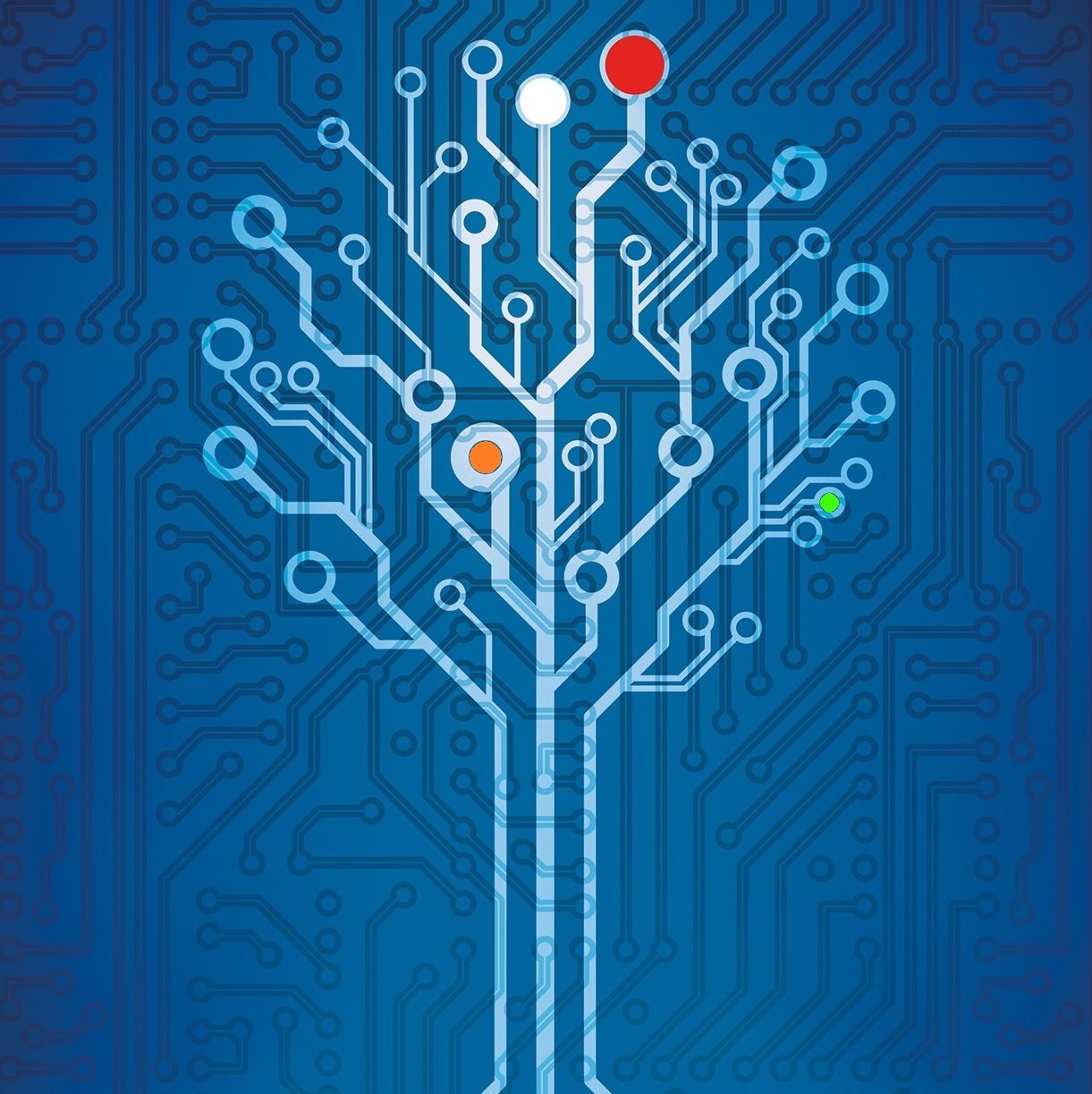Industry 4.0: automation and digitalization: which are the most requested skills today?
Digitization is advancing rapidly, and the fourth industrial revolution is having a strong impact on every single sector. What will be the essential skills for the work of the future?
Various surveys have been carried out in recent years, these are very clear: all of them agree in saying that roughly one third of the jobs that will be created in the next five and ten years will have as basic requisites of skills, digital but not only today they are rarely available on the market.
We talk about hard skills, but also about soft skills.
4.0 companies need professionals with soft skills, capable of working in groups, to integrate optimally within the company system. Talents with creative thinking, and problem solving and adaptation skills. Because the world that awaits us will be characterized by a continuous and rapid change: just like companies, even the professionals themselves will therefore have to pursue new skills.
Many companies are now starting to launch complex long-term business strategies without being able to rely on the necessary internal skills. But we are in a world where digitalization and automation become indispensable, albeit to varying degrees, in most tasks. So getting new skills becomes indispensable.
This is because, from the most recent studies, automation will wipe out a lot of jobs, but it will create many more. However, these new positions can only be covered by professionals able to understand and manage new technologies in the best possible way.
A few months ago McKinsey estimated that, in the next 35 years, almost 50% of work activities will be automated. This means that, in a short time, an important part of the current company tasks will be covered by robots. It is estimated that, in our country, 6 out of 10 types of work will see most of their tasks performed by robotic machines.
From a survey of the World Economic Forum, in the next 7 years the mix of artificial intelligence, robots and automation will cancel 75 million jobs, creating however 133 million new ones. There is therefore talk of a positive balance of 58 million new jobs.
In order for all this to be possible, it is necessary to be able to count on the necessary digital skills. And we believe that less than a third of workers have high-level digital skills. This means that companies will soon be challenged to secure the necessary digital talent. This is something that is starting to happen already today, with companies constantly looking for digital roles, confirming the significant mismatch that characterizes the current labor market.
But it also means that the world of education will also have to adapt, both before entering the world of work and “on the job”, with a “life-long” training.


Ein guter Blog! Ich werde ein paar von diesen Lesezeichen
I have read several excellent stuff here. Definitely price bookmarking for revisiting. I wonder how so much attempt you place to make such a excellent informative web site.